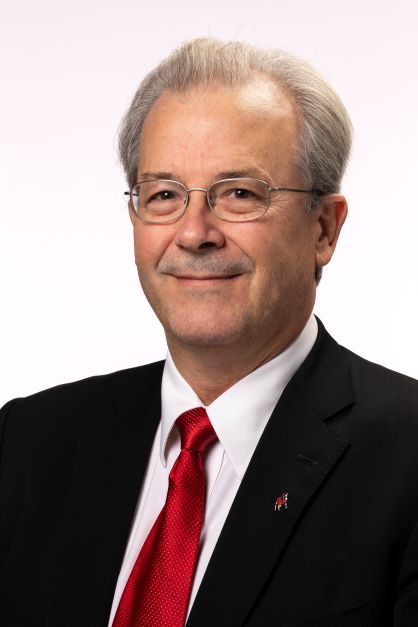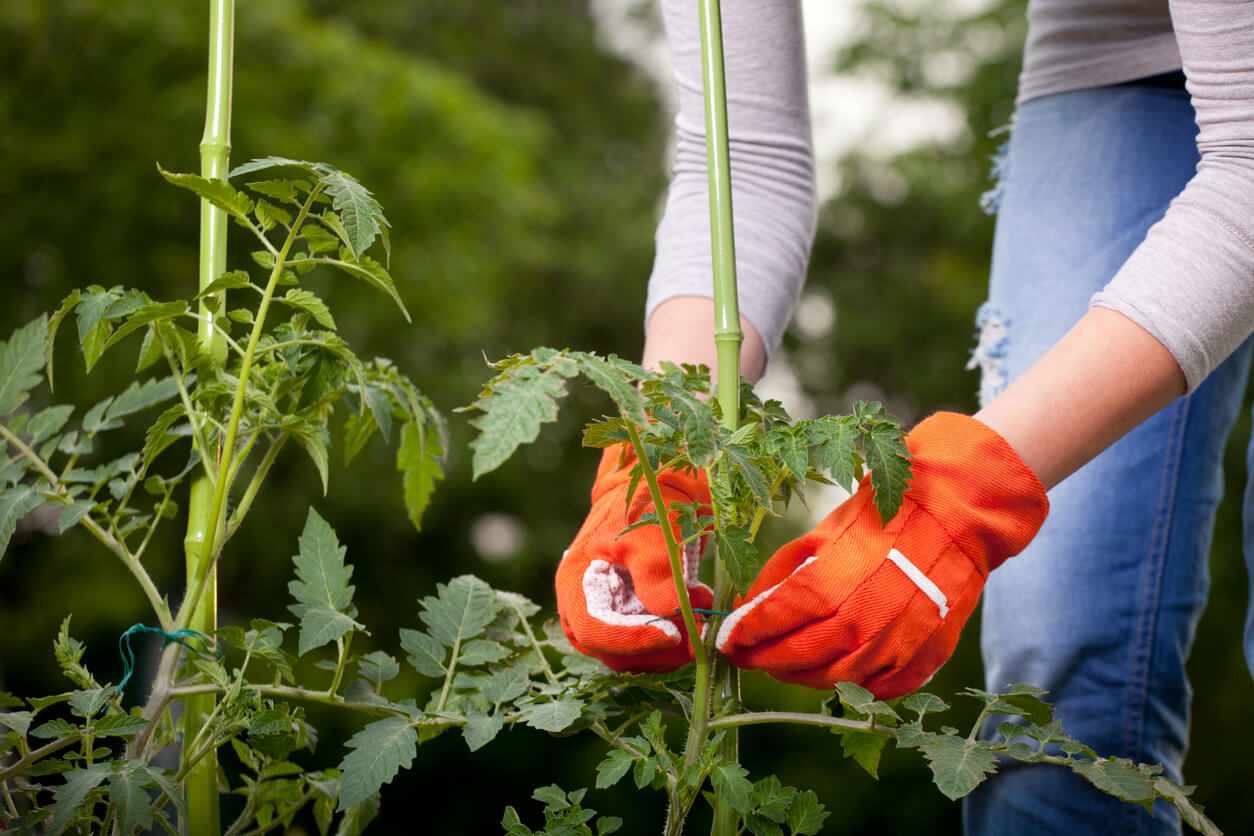 CAES News
CAES News
Griffin Campus
While the University of Georgia Griffin Campus is mostly known for its groundbreaking advancements in agricultural and environmental sciences, UGA-Griffin also offers a growing list of undergraduate degree completion programs and full graduate degree programs from five of UGA’s schools and colleges.
CAES Programs of Study at UGA-Griffin
Griffin Campus Scholarships
Current and prospective UGA-CAES students on the Tifton and Griffin Campuses may apply for CAES Scholarships (due March 1st) and for Tifton Campus or Griffin Campus scholarships which are awarded on a rolling basis through September 5th (or until funds have been awarded). Applicants are expected to enroll as full-time undergraduates in the College of Agricultural and Environmental Sciences (CAES), University of Georgia for the academic year. Applicants for the Tifton and Griffin Campuses are expected to enroll as CAES students on those campuses.



